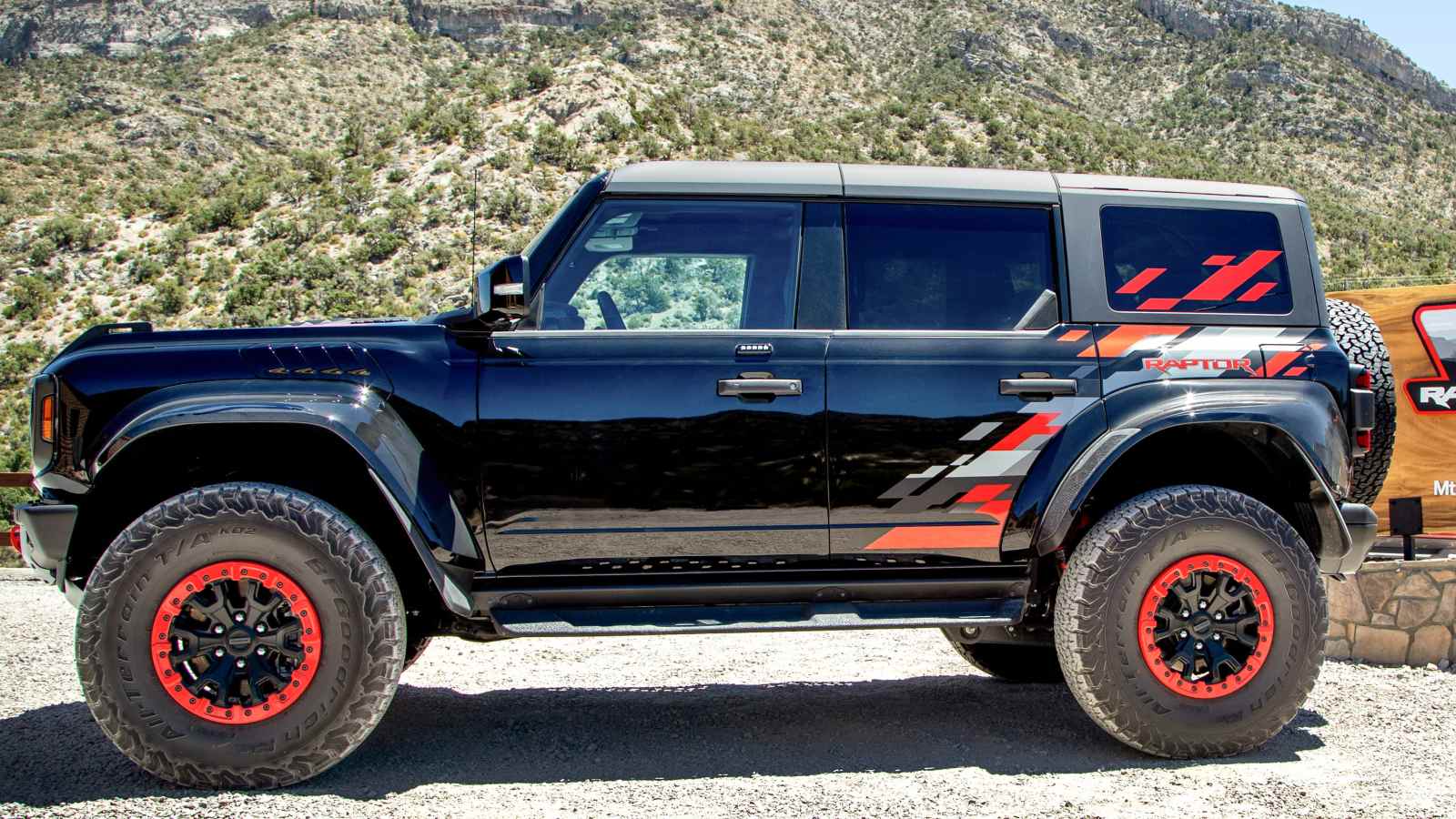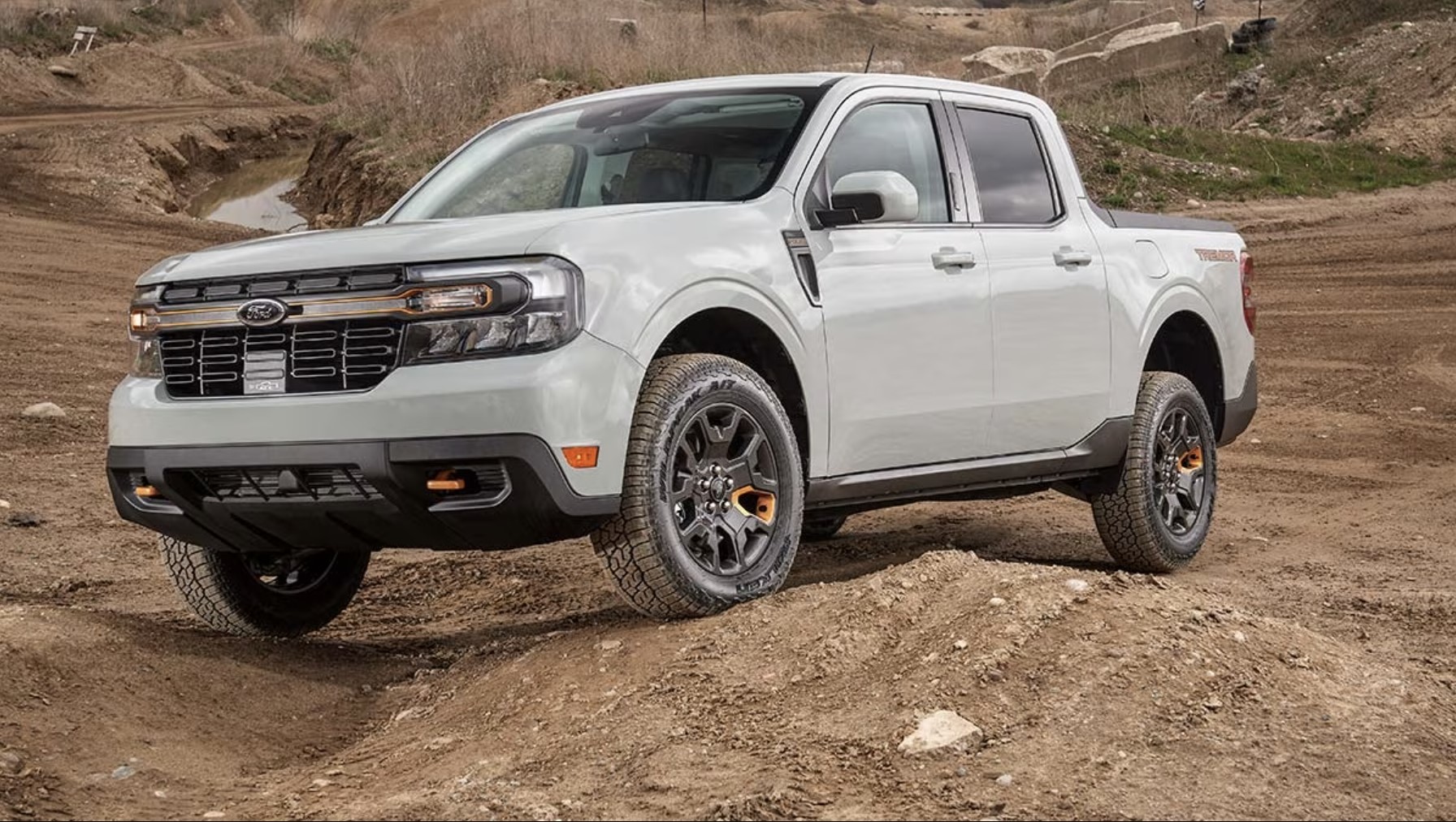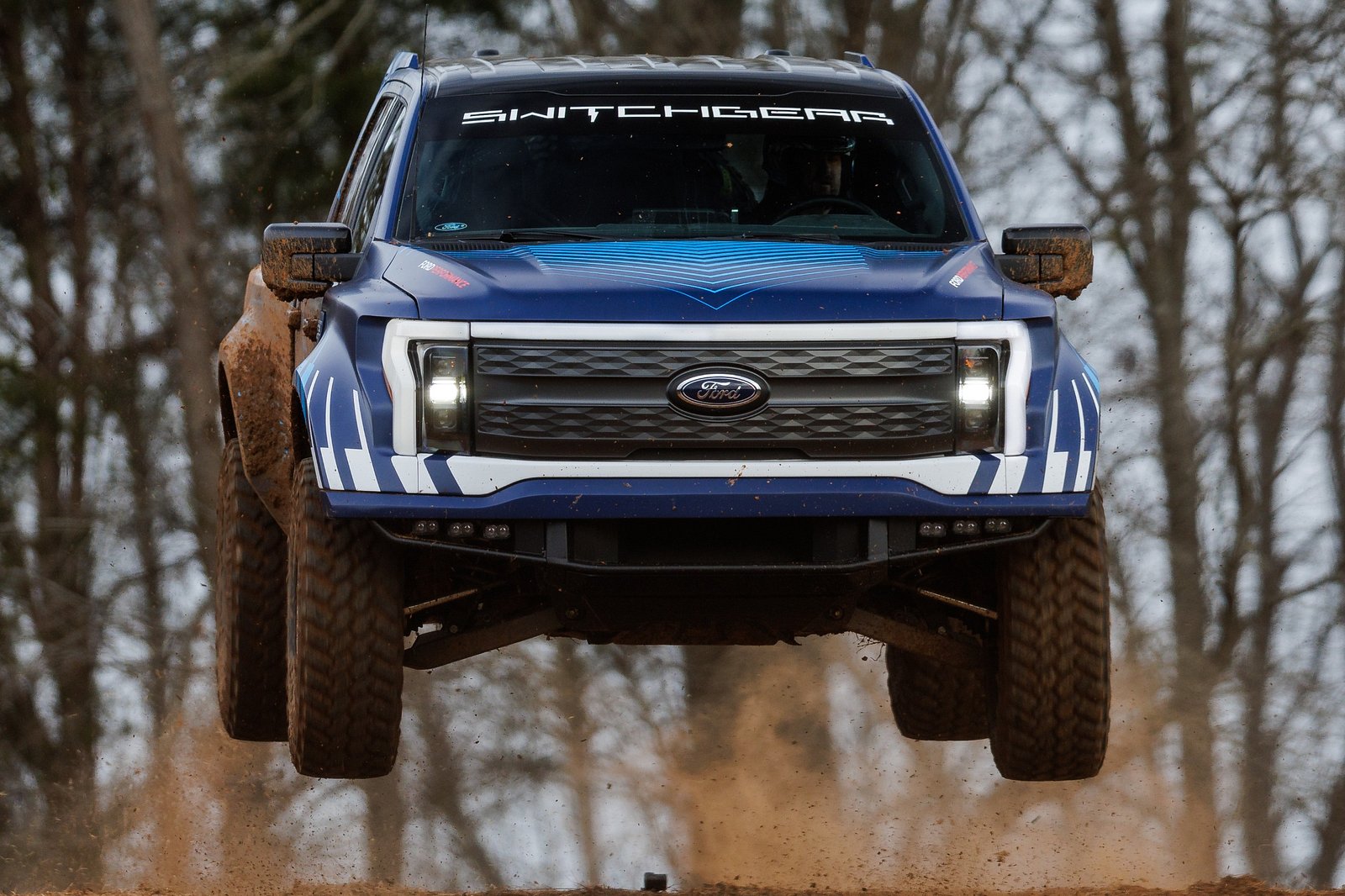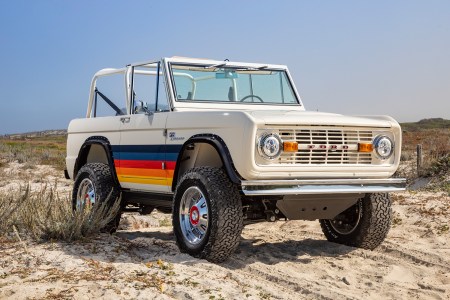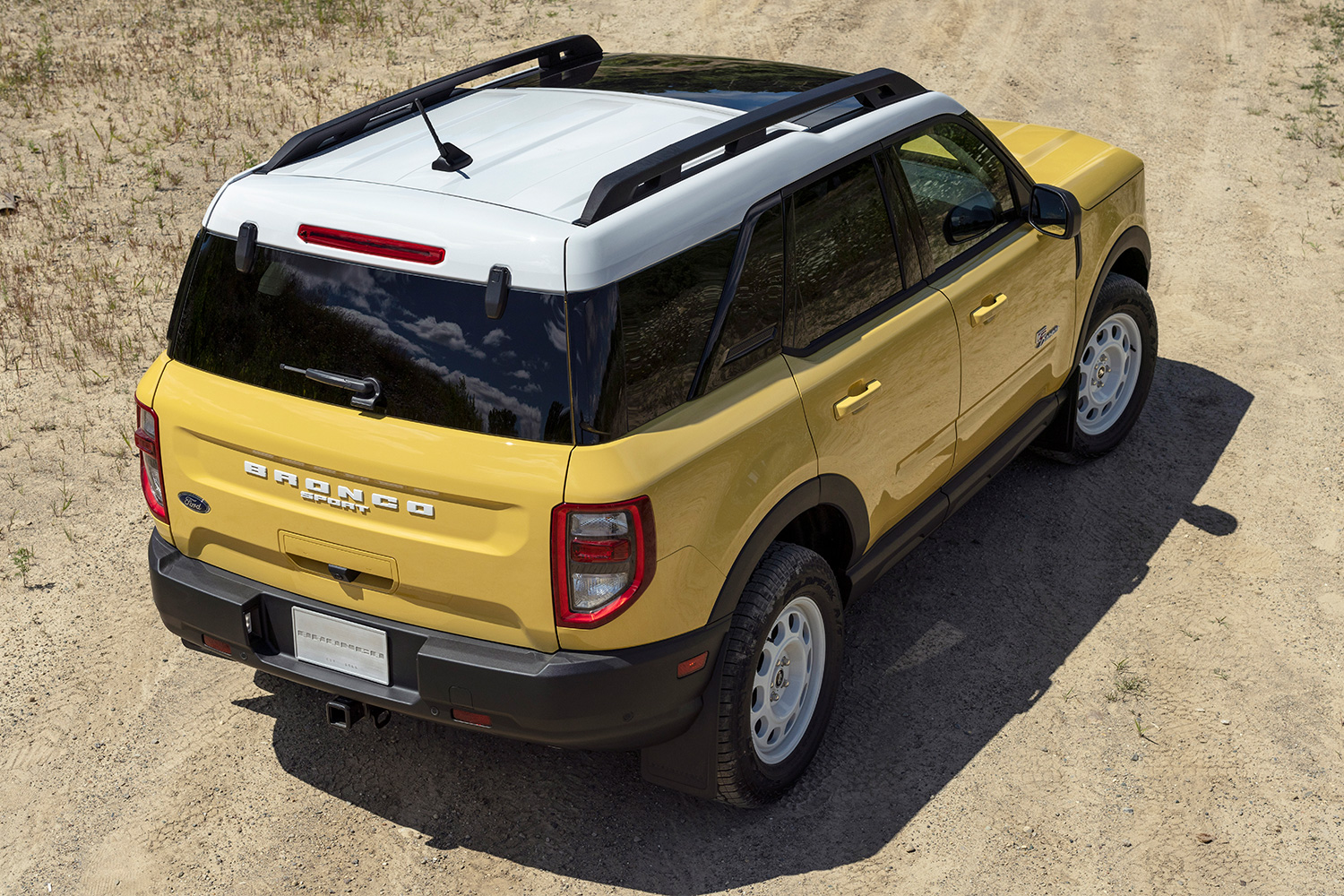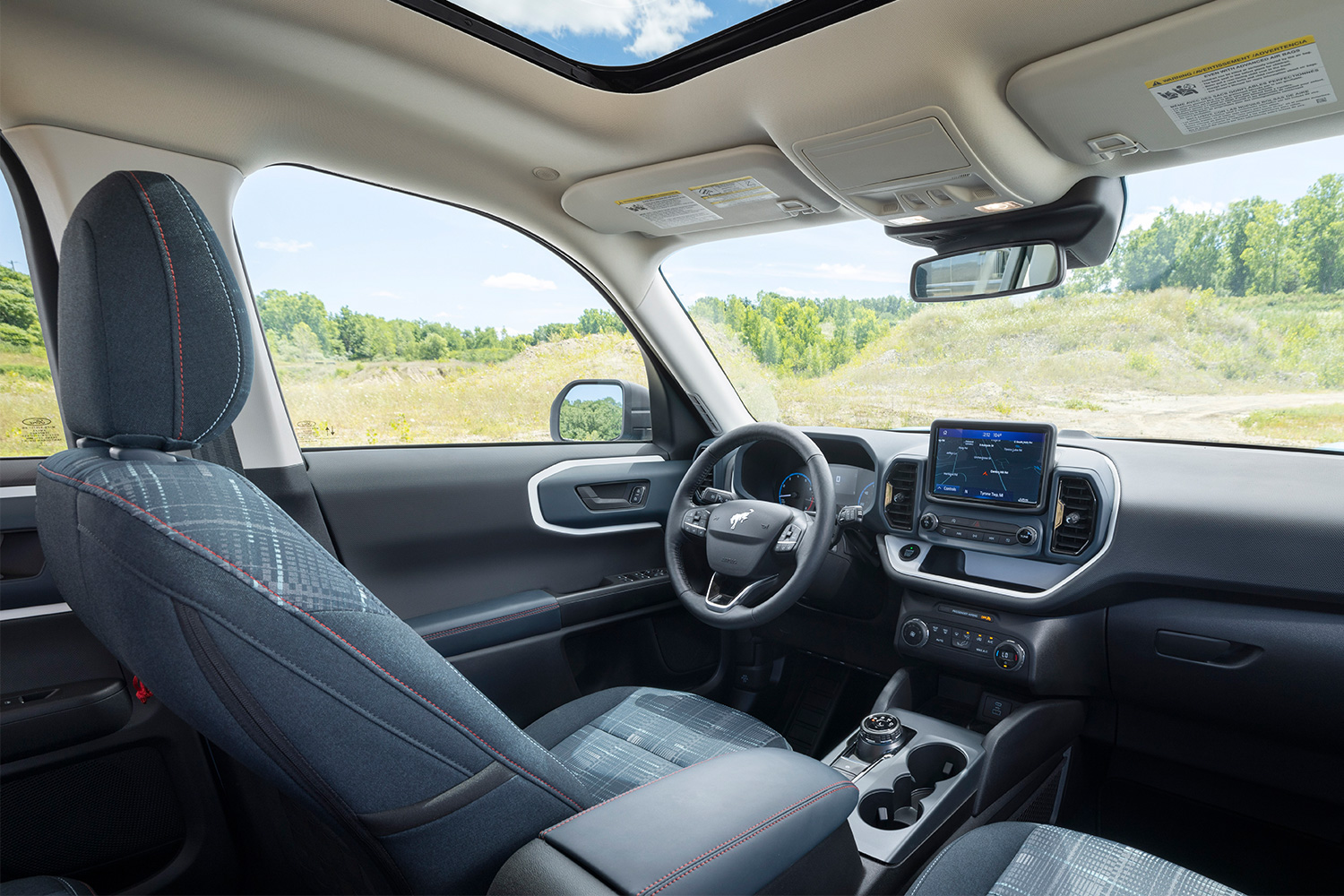Ford CEO Jim Farley’s recent statements at the Wolfe Research Global Auto Conference have sparked discussions about a potential new direction in Ford’s electric vehicle (EV) lineup.
Addressing the EV market’s unpredictability and the necessity for more cost-effective EV solutions, Farley remarked, “I’ve been in the prediction business in the EV business; it hasn’t been a great journey. It feels great in the moment to say, ‘it’s 2027,’ or whatever it is, but it’s not reality anymore.”
Ford’s response to an evolving EV market
Ford’s answer to these market challenges includes working on a low-cost EV platform. This platform aims to be profitable within its first year, a significant shift from Ford’s US$36,000 (around $NZ58,700) loss per EV sold in 2023.
Farley elaborated on customer preferences, noting, “What the customer has now said to us is, if you have [an electric car] larger than Escape, it better be really functional or a work vehicle… But if you do the economics for a vehicle, let’s say the Escape or smaller, it’s totally different, it completely works. In fact, it’s dramatically better operating cost than a Corolla or Civic or even a Maverick.”
Is an all-electric Escape on the way?
This strategy hints at the development of an Escape-sized electric SUV. The existing Explorer EV, sold in Europe and based on Volkswagen’s MEB platform, provides a glimpse into this potential new offering.
However, a Ford Escape EV would need to be competitively priced to attract a broad consumer base.
In New Zealand, with the Mustang Mach-E priced at $74,990 (before ORC), a smaller SUV would need a substantially lower price tag to be attractive, ideally under $60,000 – which, perhaps not coincidentally, is also the price range of the Escape in its current plug-in hybrid guise.

